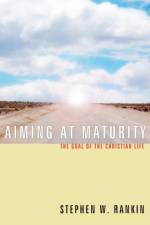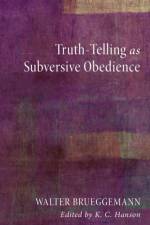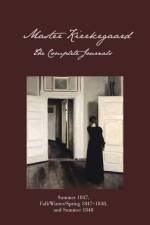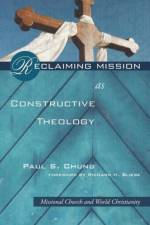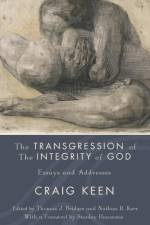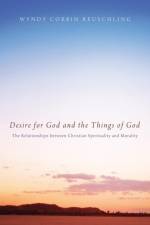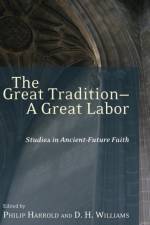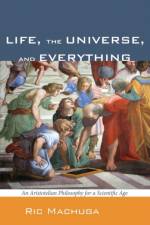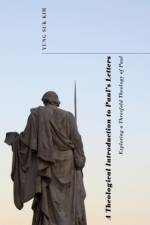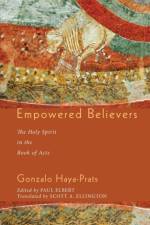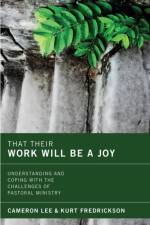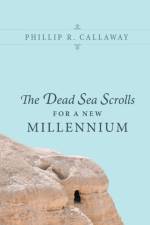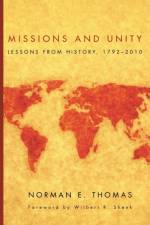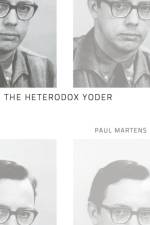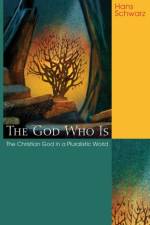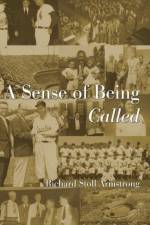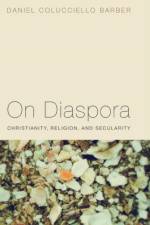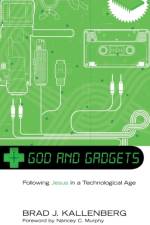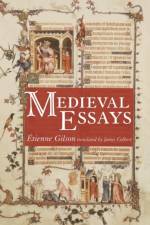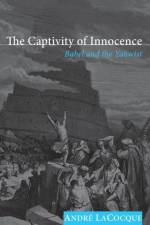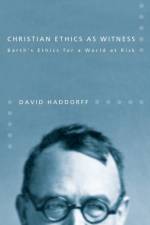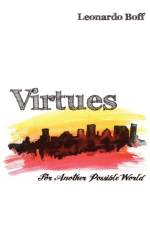von Phillip R Callaway
48,00 €
In The Dead Sea Scrolls for a New Millennium, Phillip R. Callaway presents the most comprehensive survey of the Dead Sea Scrolls since the final publication of the cave 4 fragments. The chapters on editing the Scrolls, on the caves, on the scrolls, and on Khirbet Qumran present the evidence without getting bogged down in older controversies. Callaway discusses the so-called yahad ostracon, as well as a fascinating writing exercise, and the supposed Dead Sea Scroll on stone. Those who desire to know more about the Bible among the Scrolls are offered brief comments on over one hundred readings from Qumran''s biblical manuscripts and other biblical texts. In the chapter on the pseudepigrapha and apocrypha, Callaway emphasizes the rich literary production of the mid- to late Second Temple period, with sections on Enoch, Jubilees, the Genesis Apocryphon, a Genesis commentary, the Reworked Pentateuch, targums on Leviticus and Job, the Temple Scroll, the New Jerusalem, an Apocryphon of Joshua, the psalms, various works of wisdom, Tobit, Ben Sira, the Epistle of Jeremiah, and the Greek fragments from cave 7. The chapter on the Community Scrolls deals with the Damascus Document, the Rule of the Community and its appendages, a Hybrid Rule, the Rule of War, the Thanksgiving Hymns, Florilegium, Testimonia, Melchizedek, the pesher commentaries on Habakkuk, Nahum, and Psalm 37, Ordinances, Calendar texts, Some Works of the Law, the Angelic Songs of the Sabbath Sacrifice, and the phylacteries. In terms of the Scrolls and Jewish history, Callaway discusses the text called Praise for Jerusalem and King Jonathan, the Copper Scroll, the documentary texts (which may or may not be from Qumran), the history of the Qumran community, and some similarities to early Christian thought and language. In addition to clarifying discussions of all the works mentioned above, the author hopes that The Dead Sea Scrolls for a New Millennium will help readers understand the Scrolls not as the product of a radical, separatist community, but rather as the literary heritage of many of the greatest Jewish minds that lived in the Second Temple period.""Phillip Callaway takes his readers through the stories of discovery, conveying with a cool and authoritative touch the major theories and issues that the Scrolls have engendered, and leading us into the heart of the scrolls themselves. His account is readable, reliable, undogmatic, up-to-date, and strongly recommended for students and non-specialists alike.""--Philip DaviesUniversity of Sheffield""If you are looking for a refreshing guide to the Dead Sea Scrolls that introduces you to most of the major compositions in a clear and sympathetic way, then this is the book for you. Callaway presents a wide range of views about the Scrolls, and yet overall he sees them not as the products of a maverick minority but very much as part of the Judaism of their time. As such he argues that they need to be taken seriously by all who understand themselves as in any way the heirs of that formative period two thousand years ago.""--George J. Brooke,University of ManchesterPhillip R. Callaway studied the Dead Sea Scrolls with Hartmut Stegemann and worked at the Qumran Institute at the University of Marburg and the University of Gottingen, Germany. He received the PhD in Religion from Emory University. He has published widely on the Dead Sea Scrolls and is the author of The History of the Qumran Community: An Investigation (1988) and the coauthor of The Complete World of the Dead Sea Scrolls (2002).

